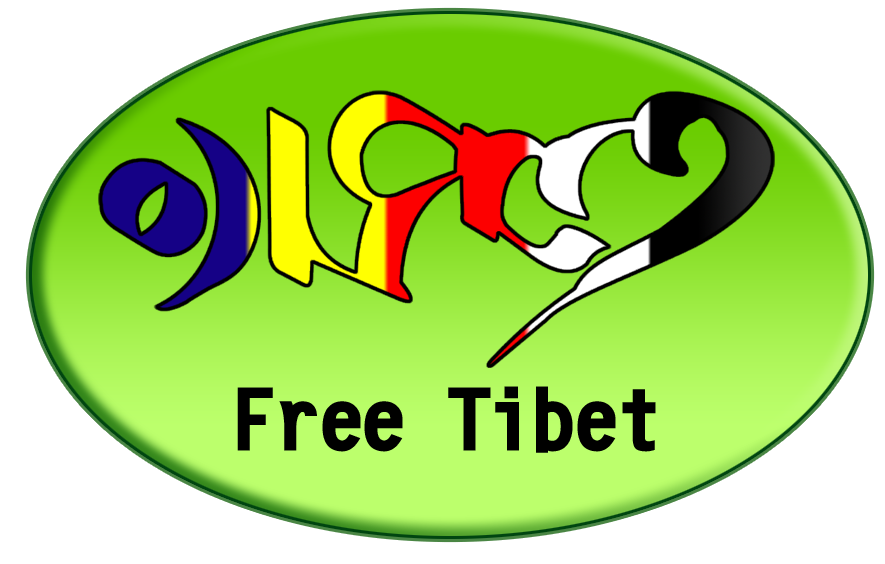228相關的37位台灣神代表
與228相關的台灣神代表,有些身分多元。考量祂們受難的原因可能與職務類別或在某個領域特別突出有關,將其區分為行政首長與民意代表、司法界、三民主義青年團、報界、醫界、公營事業、金融界、教育界八個領域,計有37位代表。
戰後第一波的民主運動,由228事件導致全台性要求政治改革開始,透過報紙、廣播電台傳遞消息,以省籍歧視、省政問題與官員貪腐等現象為改革主要訴求,致力台灣人的基本尊嚴及公理、公義的實踐,其重點不離自由、民主、人權、法治的普世價值。此階段的改革運動領頭者,多是台灣各界菁英。在日治時期,祂們有的從事追求自治的運動、有的則否,大抵來說是在自己的領域為土地、人民謀福利。二戰後祂們更致力實踐心中那份理想。當面臨政權交替的動盪時期,有的選擇以議和方式爭取減少人民傷亡、有的選擇起身抵抗國家暴力,祂們共同的特質是竭盡所能堅守崗位。
台灣神信仰推廣的目的,在於把信仰當成社會教育在推廣,台灣神以生命寫歷史的過程,囊括全台各地、各領域橫跨日治時期到國民政府統治期間的政權交替背景,是認識台灣最好的歷史教材之一。可以明顯觀察到,這批菁英的消失,造成台灣往後各領域的大洗牌。
(未完待續)
Tâi-uân-sîn Representative Related to 228 Incident
There are 37 representatives related to 228 Incident. Some of them have multiple positions in various fields. Considering the causality between their occupations and possible suffering reasons caused by their outstanding performances in some specific fields, it can be categorized in the following eight fields; chief of executive, civil representative, judiciary, Three People’s Principles Youth League, media, physician, public career, financial and academia. A list of the representatives related to the 228 Incident in according their professional careers is shown in Table 1.
The first post-war democratic national movement was triggered by 228 Incident. It’s a movement through news and radio stations demanding political reforms to the problems of racial discrimination, administration issues and corruption officials. The leaders of this movement are all Taiwan's elites from various fields. During Japanese colonial period, some of them engaged in the pursuit of self-government movement, while others were not. For the most part, they all devoted themselves in their field for the benefits of people. Facing the iteration of ruling regimes and turmoil, some of them chose the peace negotiation in order to reduce casualty of people, others chose to fight against state violence. Their common trait is “To do our best to stick to their posts.”
(to be continued)





















0 意見:
張貼留言